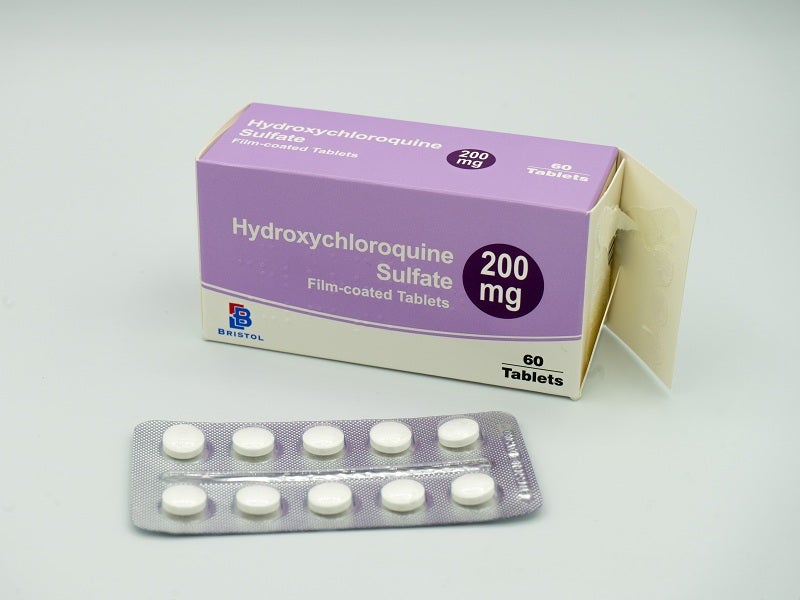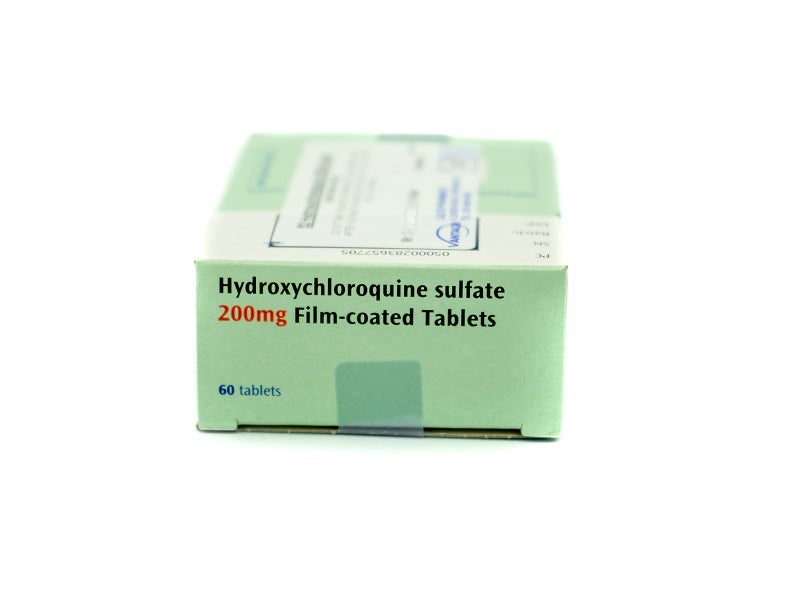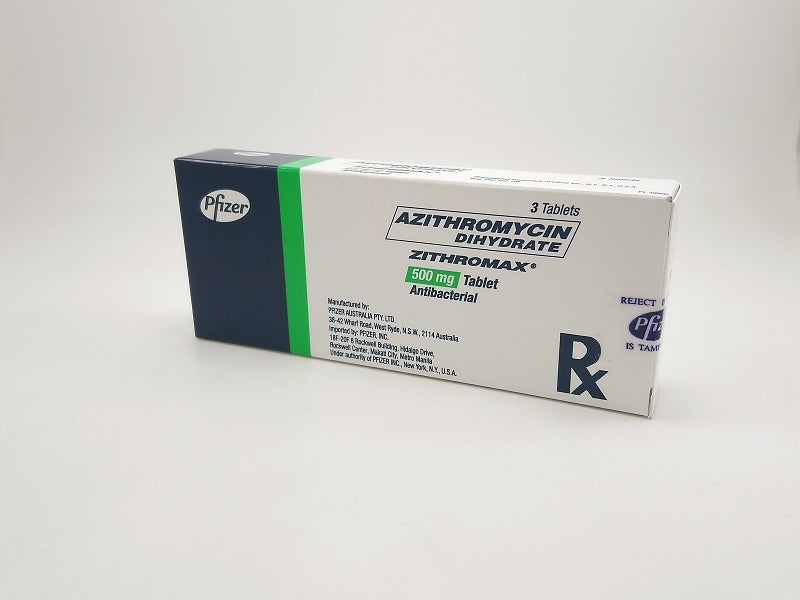Hydroxychloroquine, marketed by Sanofi under the trade name Plaquenil, is primarily indicated for the treatment of malaria, discoid and systemic lupus erythematosus, and rheumatoid arthritis.
The drug is being studied alongside the antibiotic azithromycin (Zithromax) for the treatment of Covid-19.
The US Food and Drug Administration (FDA) approved the drug combination for the clinical trial in patients infected with Covid-19. Patients in New York will be the first-in-line to receive the drug combination.
Developed by Sanofi, hydroxychloroquine is being produced by various companies in generic form after its patent expiration. Sanofi will provide millions of doses for the treatment of about 300,000 Covid-19 patients in France. Sanofi is also working with Biomedical Advanced Research and Development Authority (BARDA) to develop vaccine candidate for the novel coronavirus, using its recombinant DNA platform.
Novartis committed to donating up to 130 million 200mg doses of generic hydroxychloroquine to support Covid-19 pandemic response globally. Other big pharmaceuticals, including Teva and Mylan, will also produce the drug for Covid-19 treatment in infected patients.
The World Health Organisation (WHO) listed hydroxychloroquine as an investigational drug for efficacy against Covid-19.
Hydroxychloroquine comes in the form of white tablets for oral administration in a recommended dose of 200mg for clinical development.
Covid-19 symptoms and causes
Covid-19 is a severe acute respiratory syndrome (SARS) caused by a novel coronavirus SARS-CoV-2, first identified in Wuhan in the Hubei Province of China in December 2019. WHO declared it pandemic on 12 March 2020.
It is a highly contagious disease, transmitted through respiratory droplets when an infected individual cough, sneezes or talks, which may also spread by touching a contaminated surface or object.
The person infected with the disease shows flu-like symptoms such as fever, muscle pain, cough, and sore throat in approximately five to six days after infection, while some patients may remain asymptomatic carriers. The disease further develops severe pneumonia in the patients. The mortality rate is high in patients with underlying conditions and those aged 60 years and above.
Mechanism of action of hydroxychloroquine
Hydroxychloroquine and its more toxic analogue chloroquine have shown efficacy against SARS-CoV-2, found to be efficient in Covid-19 patients in China. The in-vitro studies demonstrated the anti-SARS-CoV activity of hydroxychloroquine with higher clinical safety profile and fewer drug-drug interactions than chloroquine.
Clinical studies on hydroxychloroquine with azithromycin
An open-label, non-randomised clinical study was approved by the French National Agency for Drug Safety (ANSM) performed by Didier Raoult and team in 36 Covid-19 patients in the Mediterrane Infection University Hospital Institute in Marseille, France.
A total of 20 patients received hydroxychloroquine, while 16 patients were in the control group.
At day six, 70% of the hydroxychloroquine-treated patients showed no signs of virological loads compared to 12.5% of patients in the control group. Further, six of the hydroxychloroquine-treated patients received azithromycin for the prevention of bacterial super-infection under daily electrocardiogram control.
After inclusion, at day six, 100% of patients receiving hydroxychloroquine with azithromycin were virologically cured, compared to 57.1% of patients receiving hydroxychloroquine alone and 12.5% of patients in the control group.
Hydroxychloroquine was efficient in clearing the viral loads of SARS-CoV-2 in Covid-19 patients in three to six days, strengthened by azithromycin.
Azithromycin is active against Zika and Ebola viruses in vitro, as well as severe respiratory tract infections.
Hydroxychloroquine and azithromycin have been recommended to cure Covid-19 in patients to weaken the transmission chain of the virus and to curb the spread of the disease worldwide.





